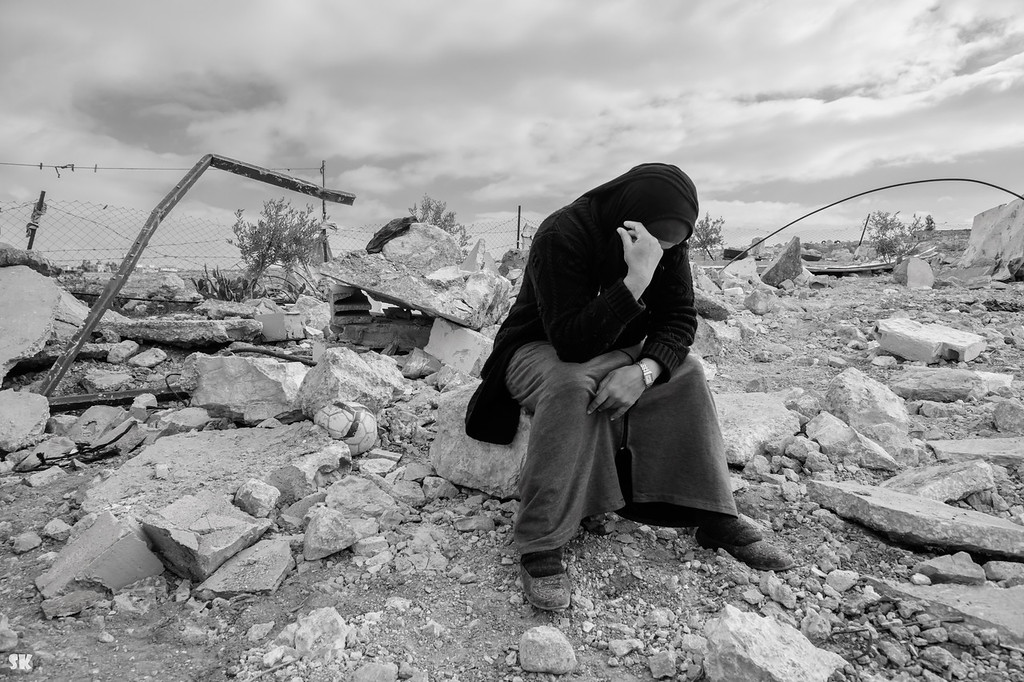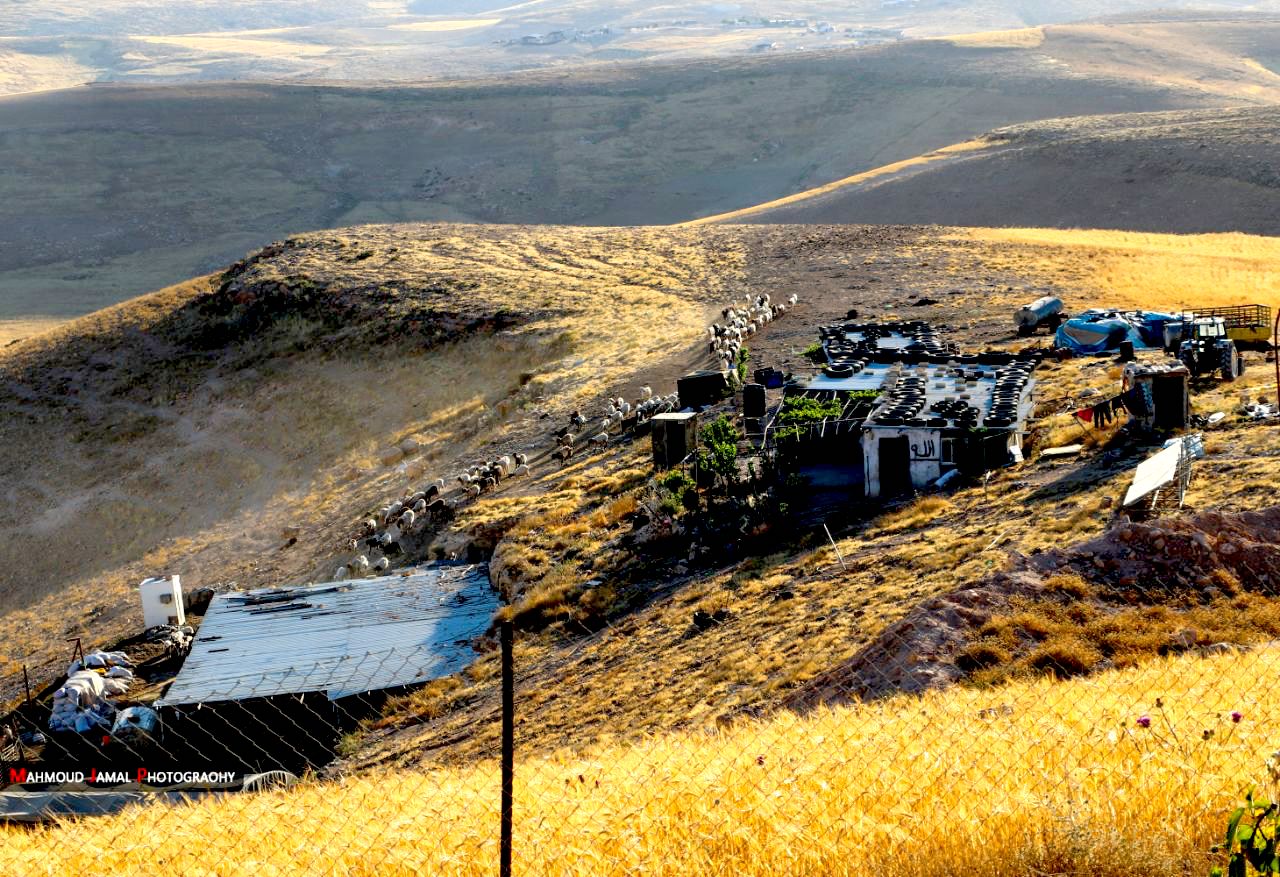As Ukraine prepared to launch its much heralded but long delayed
counteroffensive, the media published a photograph of a Ukrainian
soldier with his finger on his lips, symbolizing the need for secrecy to
retain some element of surprise for this widely telegraphed operation.
Now that the offensive has been under way for two weeks, it is clear
that the Ukrainian government and its Western allies are maintaining
silence for quite a different reason: to conceal the brutal cost
Ukraine’s brave young people are paying to recover small scraps of
territory from Russian occupation forces, in what some are already
calling a suicide mission.
Western pundits at first described these first two weeks of fighting as
“probing operations” to find weak spots in Russia’s defenses, which
Russia has been fortifying since 2022 with multiple layers of
minefields, “dragon’s teeth,”
tank-traps, pre-positioned artillery, and attack helicopters, unopposed
in the air, that can fire 12 anti-tank missiles apiece.
“This is a very difficult fight. It’s a very violent fight, and it will
likely take a considerable amount of time and at high cost.”
On the advice of British
military advisers in Kyiv, Ukraine flung Western tanks and armored
vehicles manned by NATO-trained troops into these killing fields without
air support or demining operations. The results have been predictably
disastrous, and it is now clear that these are not just “probing”
operations as the propaganda at first claimed, but the long-awaited main
offensive.
A Western official with intelligence access told The Associated Press
on June 14, “Intense fighting is now ongoing in nearly all sectors of
the front… This is much more than probing. These are full-scale
movements of armor and heavy equipment into the Russian security zone.”
Other glimpses are emerging of the reality behind the propaganda. At a
press conference after a summit at NATO Headquarters, U.S. General Mark Milley warned that the offensive will be long, violent, and costly in Ukrainian lives.
“This is a very difficult fight. It’s a very violent fight, and it will
likely take a considerable amount of time and at high cost,” Milley
said.
Russian videos show dozens of Ukrainian tanks and armored vehicles
lying smashed in minefields, and NATO military advisers in Ukraine have confirmed that it lost 38 tanks in one night on June 8, including newly delivered German-built Leopard IIs.
Rob Lee of the Foreign Policy Research Institute explained to TheNew York Times
that the Russians are trying to inflict as many casualties and destroy
as many vehicles as possible in the areas in front of their main
defensive lines, turning those areas into lethal kill zones. If this
strategy works, any Ukrainian forces that reach the main Russian defense
lines will be too weakened and depleted to break through and achieve
their goal of severing Russia’s land bridge between Donbas and Crimea.
Russia’s Ministry of Defense reported
that Ukraine’s forces suffered 7,500 casualties in the first 10 days of
the offensive. If Ukraine’s real losses are a fraction of that, the
long, violent bloodbath that General Milley anticipates will destroy the
new armored brigades that NATO has armed and trained, and serve only to
escalate the gory war of attrition
that has destroyed Mariupol, Sievierodonetsk, and Bakhmut, killing and
wounding hundreds of thousands of young Ukrainians and Russians.
A senior European military officer in Ukraine provided more details of the carnage to Asia Times, calling Ukraine’s operations on June 8 and 9 a “suicide mission” that violated the basic rules of military tactics.
“They were trained by the British, and they’re playing Light Brigade.”
“We tried to tell them to stop these piecemeal tactics, define a main
thrust with infantry support and do what they can,” he said. “They were
trained by the British, and they’re playing Light Brigade,” he added,
comparing the offensive to a suicidal charge into massive Russian cannon
fire that wiped out Britain’s Light Cavalry Brigade in Crimea in 1854.
If Ukraine’s “Spring Offensive” plunges on to the bitter end, it could
be more like the British and French Somme Offensive, fought near the
French River Somme in 1916. After 19,240 British troops were killed on
the first day (including Nicolas’s 20-year-old great-uncle, Robert
Masterman), the battle raged on for more than four months of pointless,
wanton slaughter, with over a million British, French, and German
casualties. It was finally called off after advancing only six miles and
failing to capture either of the two small French towns that were its
initial objectives.
The current offensive was delayed for months as Ukraine and its allies
grappled with the likelihood of the outcome we are now witnessing. The
fact that it went ahead regardless reflects the moral bankruptcy of U.S.
and NATO political leaders, who are sacrificing the flower of Ukraine’s
youth in a proxy war they will not send their own children or
grandchildren to fight.
As Ukraine launches its offensive, NATO is conducting Air Defender,
the largest military exercise in its history, from June 12 to 23, with
250 warplanes, including nuclear-capable F-35s, flying from German bases
to simulate combat operations in and over Germany, Lithuania, Romania,
the North Sea, and the Baltic Sea. The exercise has led to at least 15 incidents between NATO and Russian aircraft in the skies near Lithuania.
It seems that nobody in NATO’s foreboding fortress
in Brussels has stumbled on the concept of a “security dilemma,” in
which supposedly defensive actions by one party are perceived as
offensive threats by another and lead to a spiral of mutual escalation,
as has been the case between NATO and Russia since the 1990s. Professor
of Russian history Richard Sakwa has written, “NATO exists to manage the risks created by its existence.”
These risks will be evident in the upcoming NATO Summit in Vilnius on
July 11-12, where Ukraine and its eastern allies will be pushing for
Ukraine membership, while the U.S. and western Europe insist
that membership cannot be offered while the war rages on and will
instead offer “upgraded” status and a shorter route to membership once
the war ends.
The continued insistence that Ukraine will one day be a NATO member
only means a prolongation of the conflict, as this is a red line that
Russia insists cannot be crossed. That’s why negotiations that lead to a
neutral Ukraine are key to ending the war.
But the United States will not agree to that as long as President Joe
Biden keeps U.S. Ukraine policy firmly under the thumbs of hawkish
neoconservative desk warriors like Antony Blinken and Victoria Nuland
at the State Department and National Security Adviser Jake Sullivan at
the White House. Pressure to keep escalating U.S. involvement in the war
is also coming from Congress, where Republicans accuse Biden of “hemming and hawing” instead of “going all in” to help Ukraine.
The Chairman of the Joint Chiefs of Staff, General Milley, has called
for diplomacy to bring peace to Ukraine, and U.S. intelligence sources
have challenged dominant false narratives of the war in leaks to Newsweek and Seymour Hersh,
telling Hersh that the neocons are ignoring genuine intelligence and
inventing their own, just as they did to justify the invasion of Iraq in
2003.
Paradoxically, the Pentagon and intelligence agencies are more
realistic than their civilian colleagues about the lack of any military
solution. The Chairman of the Joint Chiefs of Staff, General Milley,
has called for diplomacy to bring peace to Ukraine, and U.S.
intelligence sources have challenged dominant false narratives of the
war in leaks to Newsweek and Seymour Hersh,
telling Hersh that the neocons are ignoring genuine intelligence and
inventing their own, just as they did to justify the invasion of Iraq in
2003.
With the retirement
of Deputy Secretary of State Wendy Sherman, the State Department is
losing the voice of a professional diplomat who was President Barack
Obama’s chief negotiator for the JCPOA with Iran and urged Biden to
rejoin the agreement, and who has taken steps to moderate U.S.
brinkmanship toward China. While publicly silent on Ukraine, Sherman was
a quiet voice for diplomacy in a war-mad administration.
Many fear that Sherman’s job will now go to Nuland, the leading architect
of the ever-mounting catastrophe in Ukraine for the past decade, who
already holds the #3 or #4 job at State as Under Secretary of State for
Political Affairs.
Other departures from the senior ranks at State and the Pentagon are
likely to cede more ground to the neocons. Colin Kahl, the Under
Secretary of Defense for Policy, who worked with Sherman on the JCPOA, opposed sending F-16s to Ukraine, and has maintained that China will not invade Taiwan in the near future. Kahl is leaving the Pentagon to return to his position as a professor at Stanford, just as China hawk General C.Q. Brown will replace General Milley as Chairman of the Joint Chiefs when Milley retires in September.
Meanwhile, other world leaders continue to push for peace talks. A delegation
of African heads of state led by President Cyril Ramaphosa of South
Africa met with President Volodymyr Zelenskyy in Kyiv, and President
Vladimir Putin in Moscow on June 17, to discuss the African peace plan
for Ukraine.
President Putin showed
the African leaders the 18-point Istanbul Agreement that a Ukrainian
representative had signed back in March 2022, and told them that Ukraine
had thrown it in the “dustbin of history,” after the now disgraced Boris Johnson told Zelenskyy the “collective West” would only support Ukraine to fight, not to negotiate with Russia.
The catastrophic results of the first two weeks of Ukraine’s offensive
should focus the world’s attention on the urgent need for a ceasefire to
halt the daily slaughter and dismemberment of hundreds of brave young
Ukrainians, who are being forced to drive through minefields and kill
zones in Western gifts that are proving to be no more than U.S.- and
NATO-built death-traps.




